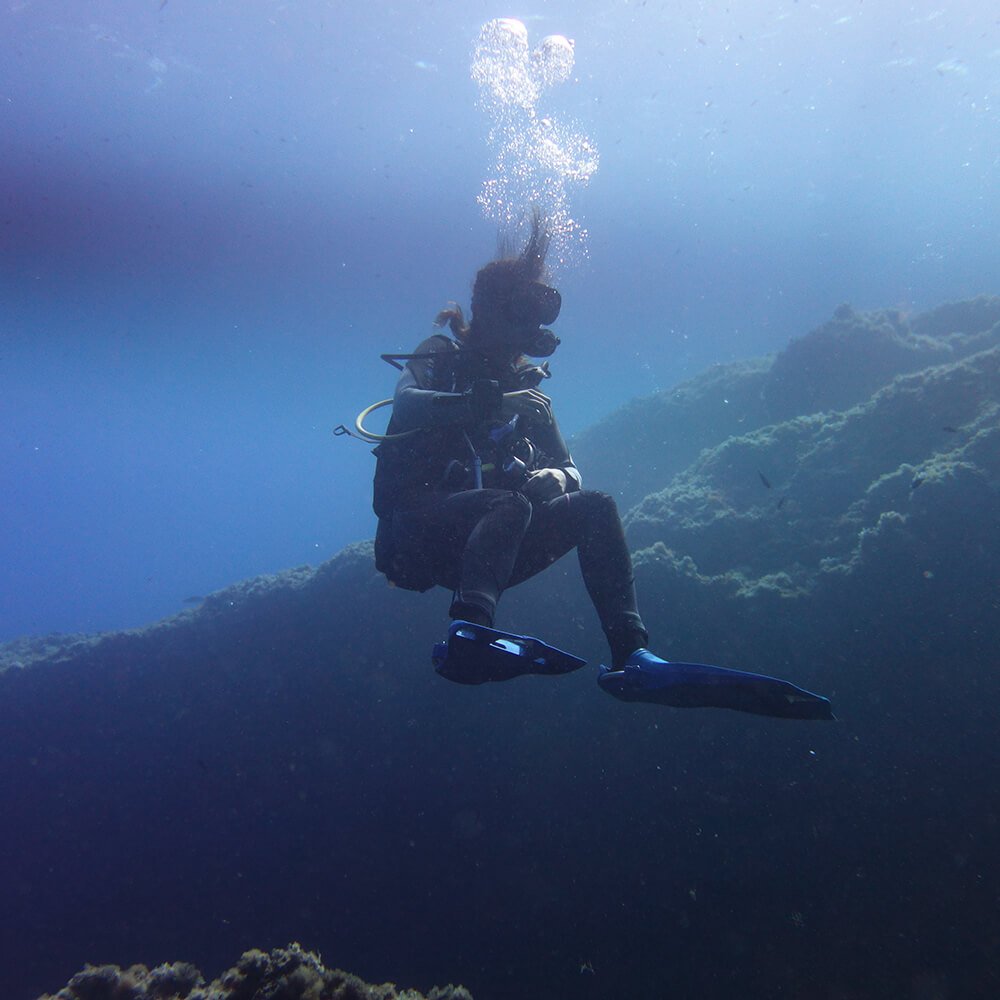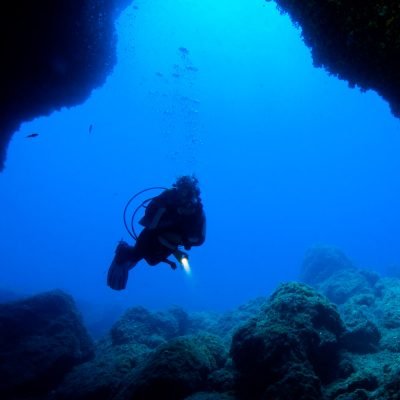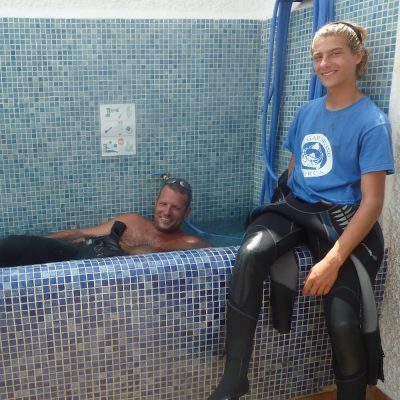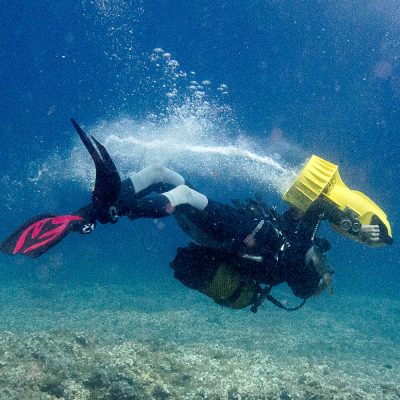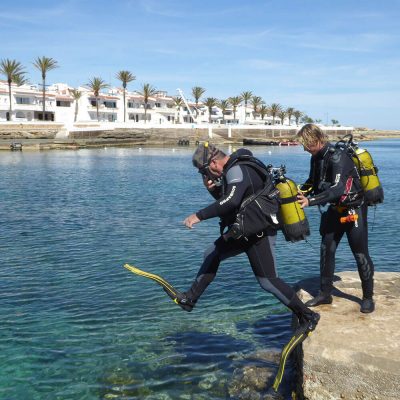Good buoyancy in diving is essential. Some divers might be born naturals when it comes to perfect buoyancy, however, for most of us, it’s an acquired skill that wants to be practised – PADI Peak Performance Buoyancy. Its importance is so great, that it is safe to say if you don´t control your buoyancy well, you end up scraping the sea floor, popping up like a balloon to the surface or get stressed and puffed out trying to avoid either, by yoyo-ing during your entire dive. As neither of the above techniques is safe nor pleasant, the PPB Spec might be your first option to look at.
Hover like a spaceship | PADI Peak Performance Buoyancy Course
This course is primarily practical in content, however, there is a degree of academic study, which can be carried out both independently or with an instructor-led discussion. However, the focus of this course is on the practice and mastery of effective and good buoyancy control. It consists of two open water training dives, with a recommended depth of 6 to 9 meters for each dive.
How’s my day looking?
The 2 dives can be done on the same day. Each dive including specific course briefing will take approx 2,5 hours. The exact schedule will be determined according to instructor availability, your availability and preference.
So, Can I do it?
- Minimum age is 10 years
- Participants must hold a minimum diver certification of PADI Open Water Diver or an equivalent rating of another certifications agency.
- This course requires two people to run.
Price includes
- Hire of diving equipment (Wetsuit, BCD, Regulator, Mask, fins and boots)
- 2 Dives
- PADI Certification fees
- Divers insurance during the training dives
- A lot of fun
Price excludes
- Anything not mentioned above
- Drinks at the bar
- Cost of Medical Certificate
What do I need to bring with me?
- Current diving certification
- Manual
- Logbook
- Medical Certificate stating you fit to dive
- Swimwear and towel
- And maybe a biscuit or two for your instructor
Anything else I should know?
In Spain, a medical certificate is required for certified divers wishing to dive or for students embarking on any scuba diving course that leads to a certification. You will need to have a letter or certificate endorsed by a doctor saying you are fit to dive. Information and a typical blank form can be downloaded here – Medical Certificate | Diving in Menorca? You better read this.
What’s next?
You might be going for your PADI Advanced Diver Course, or if you prefer to concentrate on another speciality you might have a look at DPV Diver Propulsion Vehicle or Nitrox Enriched Air Specs.
